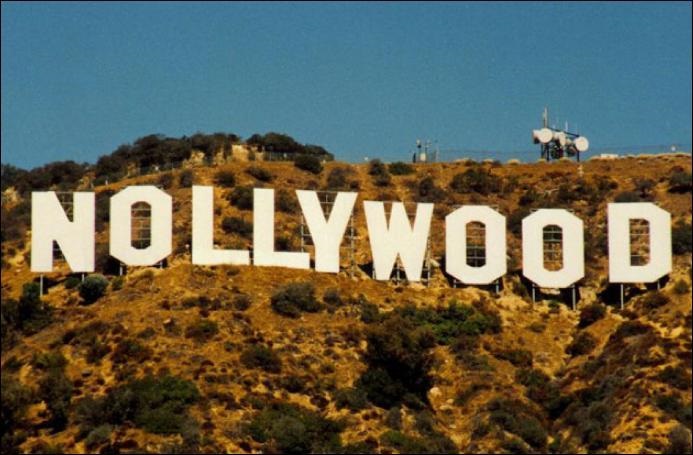Why Nollywood is obsessed with remakes of classic movies

What you need to know:
- Since the record-breaking success of Ramsey Nouah’s 2019 sequel to the Nollywood classic, Living in Bondage, the Nigerian film industry has been overtaken by a frenzy of remakes and sequels of classics from the 1990s.
Since the record-breaking success of Ramsey Nouah’s 2019 sequel to the Nollywood classic, Living in Bondage, the Nigerian film industry has been overtaken by a frenzy of remakes and sequels of classics from the 1990s.
These new nostalgia-driven movies have recently proved popular among viewers, becoming top earners at the local box-office.
Successful examples include Living in Bondage: Breaking Free, which has won major continental awards. Funke Akindele’s Omo Ghetto: The Saga is a sequel to Abiodun Olarenwaju’s Omo Ghetto.
It is currently the highest grossing film in Nigeria. The sequels to Kemi Adetiba’s The Wedding Party and Toke Mcbaror’s Merry Men have earned nearly as much as their prequels.
Netflix has also joined in the action. The streaming company is currently distributing remakes of Zeb Ejiro’s Nneka the Pretty Serpent (1992) and Amaka Igwe’s RattleSnake (1995).
It has also commissioned two new remakes of Ejiro’s Domitilla (1996) and Chika Onukwufor’s Glamour Girls (1994). Both releases are planned for late 2021.
These Nollywood classics have stayed popular due to their unique original storytelling, creativity and accessibility. They were cultural productions reflecting the lived experiences of Nigerians. They also expressed societal and cultural aspirations, while providing relatable entertainment.
1990s Nollywood classics also introduced a crop of talented actors who delivered performances that turned them into household names and international stars.
Actors such as Omotola Jalade-Ekeinde, Genevieve Nnaji, the late Sam Loco, Sam Dede, Nkem Owoh, and others rose to prominence in that era.
These films were largely made by trained professionals. Prominent names include the late Amaka Igwe, the Ejiro brothers – Zeb and late Chico, Chris Obi-Rapu (Vic Mordi), Tunde Kelani, Andy Amenechi, Tade Ogidan, Okechukwu Ogunjiofor, Kenneth Nnebue, among others.
Their works provided the growing industry with templates for effective storytelling. They inspired production houses to invest in similar storylines and plots.
For instance, after the success of Living in Bondage in 1992, the local market was flooded with multiple releases exploring satanic cult storylines and money ritual themes.
Zeb Ejiro’s Nneka The Pretty Serpent (1992) inspired a string of movies stereotyping pretty young ladies as evil seductresses.
Among Nollywood films of the 1990s, Living in Bondage stands out. Not only did it contain enduring emotional resonance, its financial success also advanced the industry, providing a template for the Nollywood economic model, commonly referred to today as ‘old Nollywood’.
As Nollywood continues to grow and improve on output and professionalism, these old movies still retain a strong influence on the industry, except in terms of technology and budget size.
History of Nigerian filmmaking.
The film industry in Nigeria can be traced to the colonial era. The first film (not video film) was exhibited in August 1903 at the Clover Memorial Hall in Lagos.
Most early productions favoured documentaries and propaganda films designed to foster cohesion and orientation in the colonial framework. In the early films, local talents largely played only minor roles and transfer of technology was limited.
In 1947, a Federal Film Unit was established by the colonial administration, with the bulk of releases supplied from London, and distributed via the British Council and missionary efforts. These films were screened in makeshift centers, including school premises, village halls, open spaces, and civic centers.
All it needed was a mobile film unit comprising a van, a 16mm projector, a reel of 16mm and a collapsible screen.
The 1960s saw the rise of feature films, with movies such as Moral Disarmament





